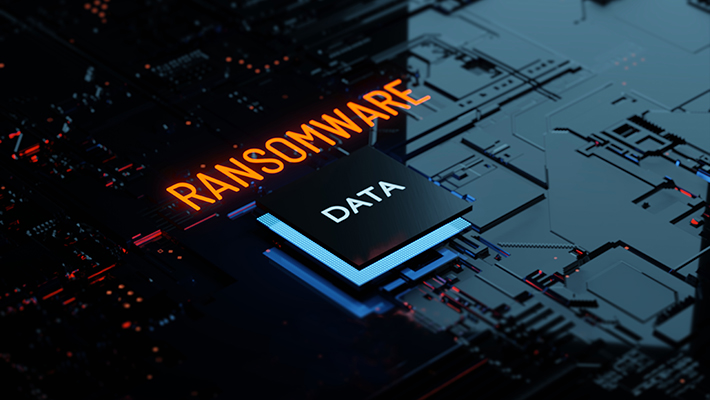This month, reports of a new Locky Ransomware phishing scam have spread throughout the country. These emails warn of “credit card suspension” and “suspicious money movement” and prompt users to click an attached ZIP file, which contains a malicious JavaScript folder. Once an employee opens the file, the latest version of Locky Ransomware is downloaded from one of five different URLs, each sent from a remote server. The following is an example of this form of Locky Ransomware:

Locky Ransomware Threatens
If you receive an email similar to this one, it’s important to delete it from your inbox to prevent any chance of hackers breaching your network. These Locky cybercriminals are highly automated and will change the name and contact details of each email to increase their click rate.
Don’t become a victim of these hack attacks. Sign up for a security checkup before any type of malware reaches you or your employees.



 (7 votes, average: 4.43 out of 5)
(7 votes, average: 4.43 out of 5)